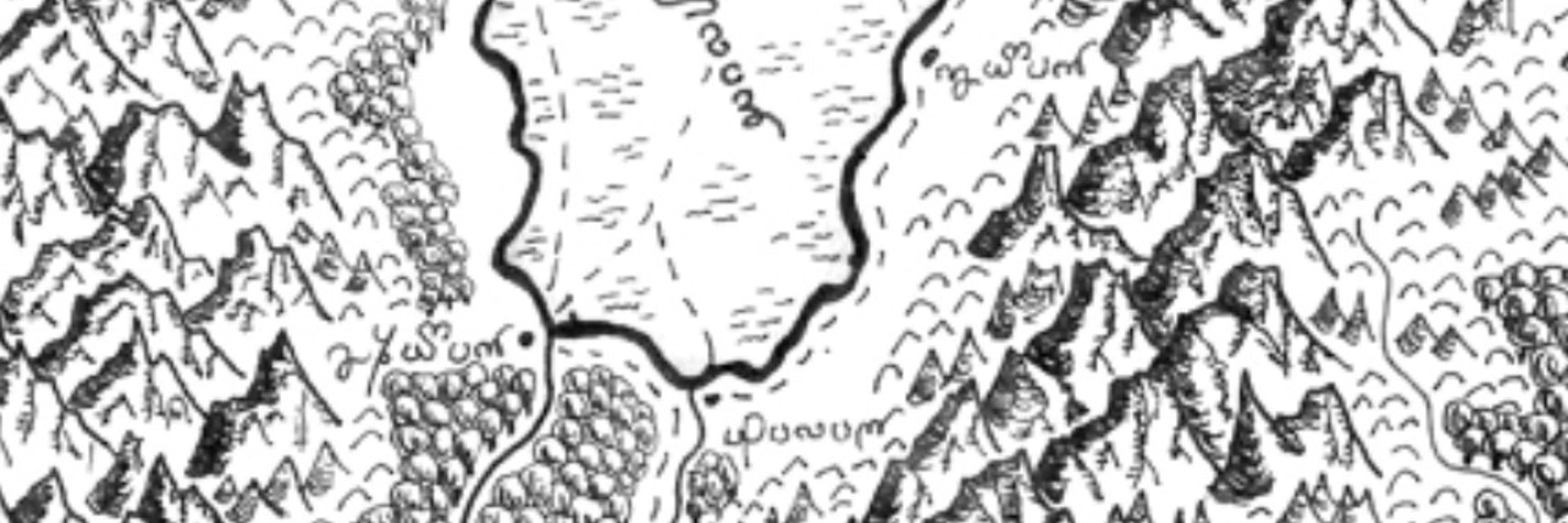

Every kinetic war waged is also accompanied by the massive use of propaganda and disinformation. Over the last century the Soviet Union and the Russian Federation have developed a distinctive toolset to influence 1/
youtu.be/kjajpoLNsFo?...

youtu.be/kjajpoLNsFo?...
Mord, Totschlag, Intrige, Krieg
Zusammen mit @stefanschaak.bsky.social von der Russland Watch durfte ich über die russische Smuta plaudern.
youtu.be/ChNFDx3dWU0?...

Mord, Totschlag, Intrige, Krieg
Zusammen mit @stefanschaak.bsky.social von der Russland Watch durfte ich über die russische Smuta plaudern.
youtu.be/ChNFDx3dWU0?...
Mord, Totschlag, Intrige, Krieg
Zusammen mit @stefanschaak.bsky.social von der Russland Watch durfte ich über die russische Smuta plaudern.
youtu.be/ChNFDx3dWU0?...

Mord, Totschlag, Intrige, Krieg
Zusammen mit @stefanschaak.bsky.social von der Russland Watch durfte ich über die russische Smuta plaudern.
youtu.be/ChNFDx3dWU0?...
Every kinetic war waged is also accompanied by the massive use of propaganda and disinformation. Over the last century the Soviet Union and the Russian Federation have developed a distinctive toolset to influence 1/

Im Jahre 988 läßt sich Volodimir von Kyiv Taufen. Für die KYiver Rus beginnt damit eine neue Ära.
- Exkurs: schriftliche mittelalterliche Quellen
- Kyiv: Die Taufe Voldomirs/Valdemars

Im Jahre 988 läßt sich Volodimir von Kyiv Taufen. Für die KYiver Rus beginnt damit eine neue Ära.
- Exkurs: schriftliche mittelalterliche Quellen
- Kyiv: Die Taufe Voldomirs/Valdemars
To understand what the Nazis were up to you had to read 700+ pages of Hitlers "Mein Kampf".
To understand what Putin was up to you had to read ~ 15 pages of Putins “On the Historical Unity”.
Still many fail to understand.
To understand what the Nazis were up to you had to read 700+ pages of Hitlers "Mein Kampf".
To understand what Putin was up to you had to read ~ 15 pages of Putins “On the Historical Unity”.
Still many fail to understand.
To understand what the Nazis were up to you had to read 700+ pages of Hitlers "Mein Kampf".
To understand what Putin was up to you had to read ~ 15 pages of Putins “On the Historical Unity”.
Still many fail to understand.
To understand what the Nazis were up to you had to read 700+ pages of Hitlers "Mein Kampf".
To understand what Putin was up to you had to read ~ 15 pages of Putins “On the Historical Unity”.
Still many fail to understand.
www.puls24.at/video/puls-2...

www.puls24.at/video/puls-2...
In the year 1223 AD a combined army of Rus Princes and Cumans clashed with a Mongol host. The Mongols crushed their enemies and vanished back into the steppes. For now.
[Thread] ⬇️

In the year 1223 AD a combined army of Rus Princes and Cumans clashed with a Mongol host. The Mongols crushed their enemies and vanished back into the steppes. For now.
[Thread] ⬇️
In the year 1223 AD a combined army of Rus Princes and Cumans clashed with a Mongol host. The Mongols crushed their enemies and vanished back into the steppes. For now.
[Thread] ⬇️

In the year 1223 AD a combined army of Rus Princes and Cumans clashed with a Mongol host. The Mongols crushed their enemies and vanished back into the steppes. For now.
[Thread] ⬇️
Democracy is fighting a rearward battle. Even in previously stable democracies people have a tendency to vote for persons or parties who have strong authoritarian tendencies and goals.
Why?
🧵 1/x
P.S.: Read to end for fun

Democracy is fighting a rearward battle. Even in previously stable democracies people have a tendency to vote for persons or parties who have strong authoritarian tendencies and goals.
Why?
🧵 1/x
P.S.: Read to end for fun
Demokratie kämpft auf verlorenem Posten.
Selbst stabile Demokratien sehen, wie Menschen zunehmend autoritäre Parteien wählen.
Warum?
🧵
⬇️
Demokratie kämpft auf verlorenem Posten.
Selbst stabile Demokratien sehen, wie Menschen zunehmend autoritäre Parteien wählen.
Warum?
🧵
⬇️
Demokratie kämpft auf verlorenem Posten.
Selbst stabile Demokratien sehen, wie Menschen zunehmend autoritäre Parteien wählen.
Warum?
🧵
⬇️
Demokratie kämpft auf verlorenem Posten.
Selbst stabile Demokratien sehen, wie Menschen zunehmend autoritäre Parteien wählen.
Warum?
🧵
⬇️
Democracy is fighting a rearward battle. Even in previously stable democracies people have a tendency to vote for persons or parties who have strong authoritarian tendencies and goals.
Why?
🧵 1/x
P.S.: Read to end for fun

Democracy is fighting a rearward battle. Even in previously stable democracies people have a tendency to vote for persons or parties who have strong authoritarian tendencies and goals.
Why?
🧵 1/x
P.S.: Read to end for fun

Mehr muss man über die Verfasstheit der Menscheit eigentlich nicht wissen.
Mehr muss man über die Verfasstheit der Menscheit eigentlich nicht wissen.
Mehr muss man über die Verfasstheit der Menscheit eigentlich nicht wissen.
Mehr muss man über die Verfasstheit der Menscheit eigentlich nicht wissen.
Russland stellt sich gerne als Katechon, als Bollwerk gegen westlichen "Satanismus", da - und erfreut damit extreme Rechte wie Linke gleichermaßen.
Wieso? Weshalb? Warum?
Eine Spurensuche.
[Thread] ⬇️

Russland stellt sich gerne als Katechon, als Bollwerk gegen westlichen "Satanismus", da - und erfreut damit extreme Rechte wie Linke gleichermaßen.
Wieso? Weshalb? Warum?
Eine Spurensuche.
[Thread] ⬇️
Obviously many brave souls would have helped, would have saved her or would have soothed her.
Outrage is omnipresent.
But... ⬇️ 🧵

Obviously many brave souls would have helped, would have saved her or would have soothed her.
Outrage is omnipresent.
But... ⬇️ 🧵
Obviously many brave souls would have helped, would have saved her or would have soothed her.
Outrage is omnipresent.
But... ⬇️ 🧵

Obviously many brave souls would have helped, would have saved her or would have soothed her.
Outrage is omnipresent.
But... ⬇️ 🧵
Russland stellt sich gerne als Katechon, als Bollwerk gegen westlichen "Satanismus", da - und erfreut damit extreme Rechte wie Linke gleichermaßen.
Wieso? Weshalb? Warum?
Eine Spurensuche.
[Thread] ⬇️

Russland stellt sich gerne als Katechon, als Bollwerk gegen westlichen "Satanismus", da - und erfreut damit extreme Rechte wie Linke gleichermaßen.
Wieso? Weshalb? Warum?
Eine Spurensuche.
[Thread] ⬇️


